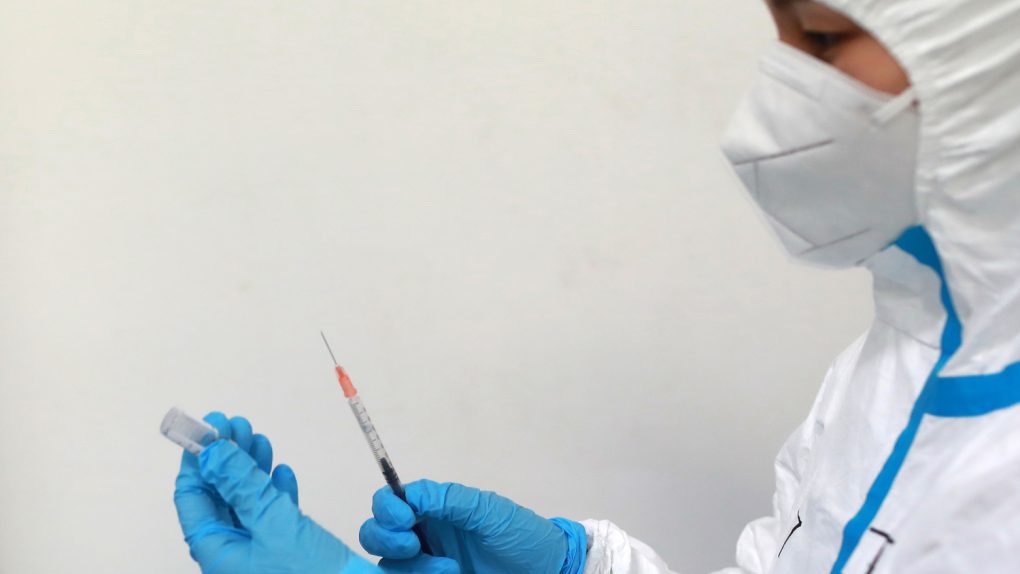- We shouldn’t expect a coronavirus vaccine in 2020, according to Dr. Tom Inglesby of Johns Hopkins University.
- Vaccine development takes a long time and requires extensive testing, even when scientists are working at a breakneck pace.
- Visit BGR’s homepage for more stories.
We’re now months into the novel coronavirus pandemic and while social distancing and stay-at-home orders have helped to slow the spread of the disease, a vaccine could make things a whole lot easier. We’ve been warned since the start of all of this that expecting a vaccine before 2021 was foolish, but with scientists fast-tracking the development of multiple vaccine candidates, there’s hope that one might be available sooner rather than later.
Now, in an interview with NBC News, the director of the Center for Health Security at the Johns Hopkins Bloomberg School of Public Health, Dr. Tom Inglesby, says we can remain hopeful, but “don’t bank on it.”
On an episode of NBC’s Meet the Press, Inglesby noted that vaccines typically take significantly longer than a year or even a year and a half to develop. However, with so much work being done on coronavirus research and vaccine development, it’s possible that the timeline will be significantly shortened.
“Given that there are now 110 vaccine projects going on around the world that all the major vaccine companies in the world are working on this in some way, and given that Tony Fauci and Moncef Slaoui are now leading figures in the U.S. in this project and they both believe it’s possible, I think it is possible,” Inglesby told NBC’s Chuck Todd. “But, everything would have to break in the right way, and there are many ways that it might not work. So, I don’t think we should bank on it.”
That’s a fair assessment. Yes, work on a coronavirus vaccine started fast and has continued at a breakneck pace at labs all over the world, but it’s not a simple process. The safety and efficacy of the vaccines have to be ensured before they can be rolled out to the public, and we certainly don’t want half-baked treatments being offered to millions or billions of people who could suffer dire health consequences.
There have also been setbacks, with some drugs failing in early testing and scientists being forced to rethink their approach. That’s not out of the ordinary when it comes to vaccine development, but when the entire world is waiting on the treatments to become available, the drama surrounding the work is increased exponentially.
At the moment, we should be as realistic as possible and assume that a vaccine won’t be available until early 2021 at the absolute earliest. That means we need to continue to do what we can to keep ourselves and our loved ones safe through social distancing, the wearing of protective face coverings, and basic cleanliness.








